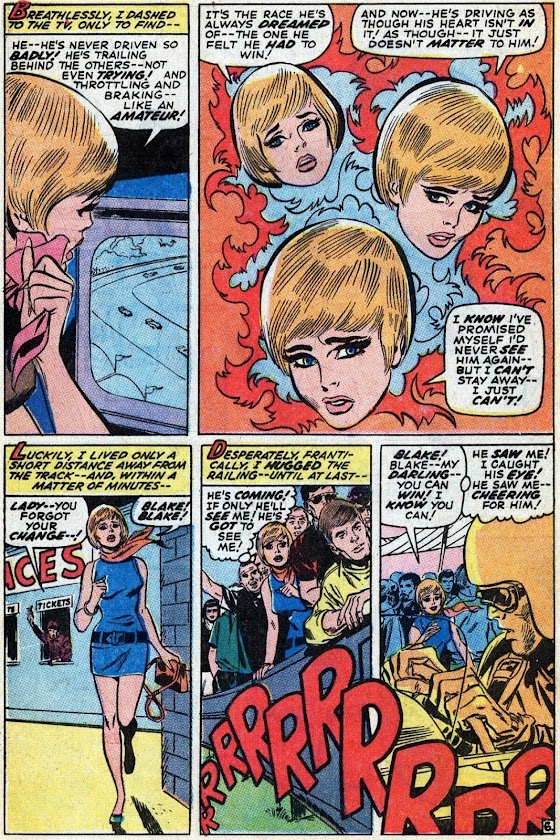I always say that you should be careful judging people by their religious or
political affiliations. That's something I have to say to myself. For
instance, if I meet someone who says that he voted for Donald Trump in the
2020 election I immediately have a stereotyped picture of the person in my
head. Based on this one piece of information I think that I know what the
person is about. That's wrong. I should take time to talk to the person and
get to know him better. That might modify my opinion about him.
John Rabe, who was the head of Siemens in Nanking in the 1930's, was a Nazi.
Nazis are bad, aren't they? "Well", you might say,
"some people were just party members without subscribing to Nazi
policies". That didn't apply to John Rabe. He was head of the local Nazi Party in
Nanjing, which was made up mostly of Siemens employees.
So he must have been a bad man? Wait! There's one more thing you need to know
about him. He loved China and he loved the Chinese. That put him in a conflict
of interests with the German government, which was Japan's ally at the time.
When Japan attacked the city of Nanjing, committing countless terrible
atrocities, John Rabe wrote to Adolf Hitler personally, asking him to
intervene. He received no reply to his letter, but when he returned to Germany
in early 1938, he was arrested as a traitor.
What did he do in China that made him a traitor? He set up an International
Safety Zone in Nanking, which saved the lives of more than 200,000 Chinese.
Nevertheless, the Japanese still killed 300,000 civilians in Nanking, most of
them within a single week in December 1937. After the war the generals responsible were
executed as war criminals, but Japan is still in a state of denial. In the
1980's the generals were posthumously pardoned. Japanese historians now claim
that no more than 200 civilians were killed. They ignore the proof shown in
photos smuggled out of Nanjing.
The Japanese occupying forces acted with impunity. Captured Chinese soldiers
were executed. Women were raped. There were competitions among the officers
about who could behead the most prisoners with a sword. There were reports of
these competitions in Japanese newspapers at the time, which must be an
embarrassment for modern Japanese historians.
John Rabe was a hero. In Germany he's a forgotten hero. It's not usual to sing
the praises of Nazis. In China he's still remembered, and children learn about
him in school. He was the Good Nazi of Nanjing.
The film has been made with documentary precision. There's an international
cast of German, Chinese, Japanese and American actors. I greatly praise the
German director Florian Gallenberger for casting actors of the correct
nationalities, so there's no mix up of the accents. Unfortunately, the film's
original version with everyone speaking their own languages is only available
on the German Blu-ray. All international versions are dubbed. Even the German
DVD release has the Chinese and Japanese dialogue dubbed into German. I'm
listing the different versions in the box below, but I can only recommend the
German Blu-ray, even if you're an English speaker. It has English subtitles as
well, so it's worth buying it as an import.
 |
Order from Amazon.com |
| Order from Amazon.co.uk | |
| Order from Amazon.de |

























.jpg)
.jpg)








.jpg)















.jpg)